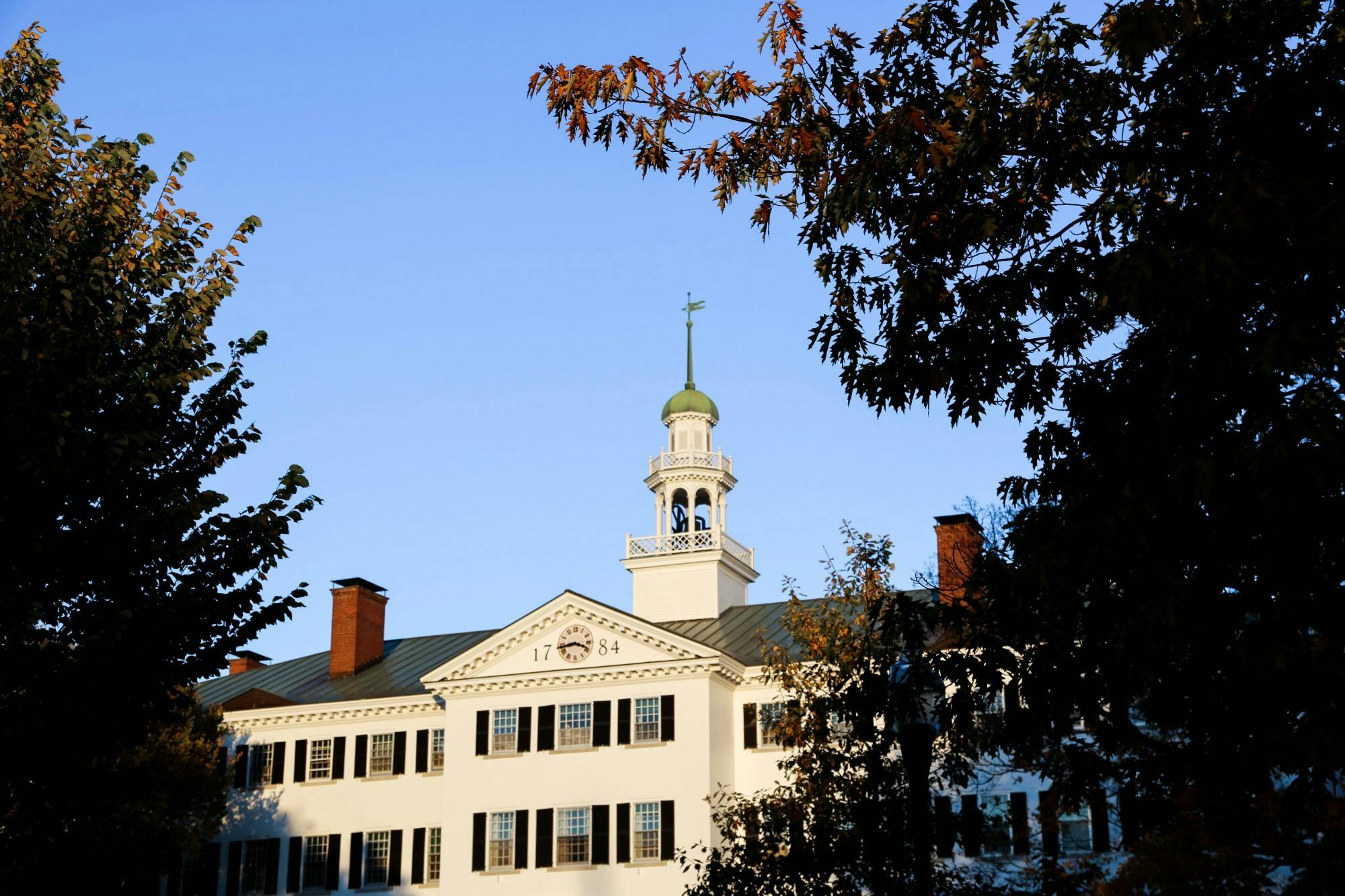On Oct. 1, Dartmouth published its 2021 Annual Security and Fire Safety Report, also known as the Clery report, covering campus crime statistics from 2018 to 2020. The report found decreases from 2019 to 2020 in many categories of crime, including sexual assault, burglary and liquor law violations.
However, these statistics reflect a year when many students were not on campus. After the onset of the COVID-19 pandemic in March, very few students were permitted to live on campus in the spring and summer terms, and a limited number of students — roughly half of the undergraduate student body — were granted living accommodations in the fall of 2020.
“If I could, I would want to take credit for all [the crime drop],” Department of Safety and Security director Keysi Montás said. “But the reality is that we were remote.”
In 2020, Dartmouth had 10 reports of rape, down from 33 reports in 2019; seven reports of fondling, down from 13 in 2019; six reports of stalking, down from 11 in 2019; and no reports of domestic violence, down from 14 in 2019. There was one report of aggravated assault, down from four in 2019 and four reports of burglary, down from 15 reports in 2019.
Additionally, 2020 saw a decline in alcohol-related and some drug-related crimes. According to the report, there were 13 arrests due to liquor law violations in 2020, down from 16 in 2019. Disciplinary referrals due to liquor law violations decreased from 249 in 2019 to 85 in 2020. There were also no drug arrests in 2020, as opposed to three in 2019.
In a reversal of the downward trend in other crime categories, however, drug disciplinary referrals increased from five in 2019 to 29 in 2020. Hate crime offenses were also up from 2020, with three hate crimes reported in 2020 compared to just one in 2019. Two of these offenses were characterized by religious bias — including the vandalism of a menorah this past December — and one by gender bias.
Crucially, the report only tabulates crimes that occurred on campus or in College-related spaces, excluding crimes that happened where students were living elsewhere in the Upper Valley or the world, according to Title IX coordinator Kristi Clemens.
“I think a lot of data that was gathered during 2020 is going to have a little bit of an asterisk by it,” Clemens said.
According to Clemens, the report classifies crimes by the date they are reported, not the date that they occurred, which she said might contribute to lower crime rates in this year’s report.
“It is hard to draw inferences from the Clery numbers to what our campus climate is,” Clemens said, adding that she expects to see an increase in next year’s report as many crimes that occurred in 2020 are reported under 2021.
The Clery report is not the only tool to evaluate the state of sexual violence at Dartmouth: A study on the effectiveness of the Student Violence Prevention Project is currently in progress, according to Student Wellness Center director Caitlin Barthelmes. SVPP — which launched in 2015 as part of the College’s Moving Dartmouth Forward plan — consists of a four-year curriculum designed to reduce harmful student behavior and cultivate a positive campus culture, according to SVPP’s website.
Now that the program has been in effect for six years, Barthelmes said, the study will gauge the efficacy of SVPP’s sexual violence prevention strategies. According to SVPP’s website, the organization distributed a Culture, Behavior and Experiences survey in September, encouraging students to “open up and share honestly” about their experiences on campus.
“Sometimes, the [Clery] number going down can be a marker of positive success and less harm in our community,” Barthelmes said. “However, we also know that the number going up could indicate folks feeling more comfortable accessing the resources and coming forward. So, you really have to have additional information around what’s happening on the campus in terms of prevention and response to see those numbers through a more robust lens.”




